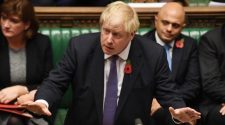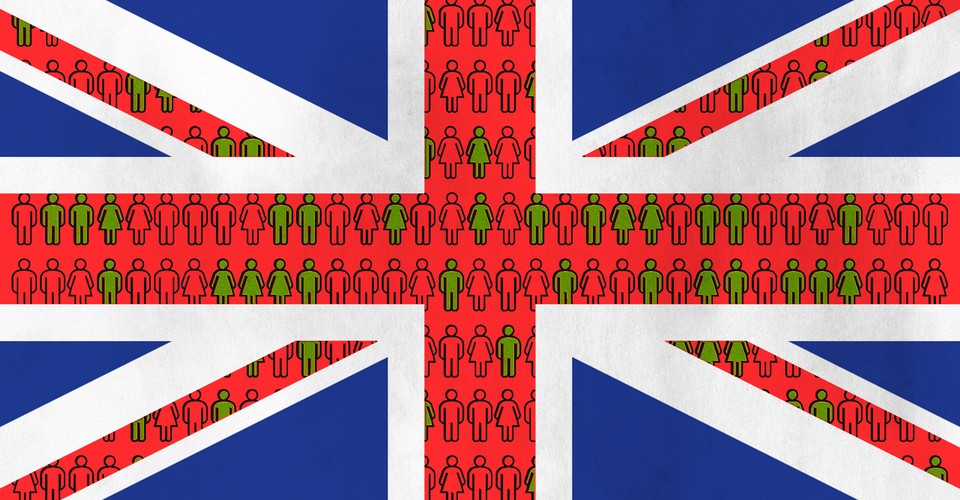For that reason, critics of the U.K. strategy argue that swift, decisive action matters more than future hypotheticals do. The country’s current caseload puts it only a few weeks behind Italy, where more than 24,000 cases have so overburdened hospitals that doctors must now make awful decisions about whom to treat. South Korea, by contrast, seems to have brought COVID-19 to heel through a combination of social-distancing measures and extensive testing. Hong Kong, Singapore, and Taiwan have been similarly successful. “That’s what you need to be doing. You go all in, or not at all. And not at all ends up like Italy,” Hanage says. “Making plans for what you are going to be doing in six months when you have a catastrophe awaiting you in three weeks is just stupid.”
Read: How you should get food during a pandemic
Even if the virus surges back once social restrictions are lifted or winter descends, “let’s buy time,” Sridhar says. “We can use that time to get personal protective equipment in, to get beds ready, to get trainees trained properly. In the United States, there’s a vaccine trial. There are trials of antivirals in China. We shouldn’t give up hope.”
Much of this controversy stems from a lack of transparency: The models and data that have influenced the government’s strategy haven’t been published. And yes, these are trying and busy times, but throughout the pandemic, researchers have generally been quick to share their findings on preprint servers, allowing their peers to assess and check their work. “If your models are not ready for public scrutiny, they shouldn’t be the basis of public policy,” Sridhar says. She and her colleagues wrote a letter calling on the government to share the evidence behind its decisions. Two other letters have also been issued, one from the British Society for Immunology and another from more than 400 scientists. The models will reportedly be released within the coming days, although no firm time frame has been disclosed.
In a similar letter, more than 500 behavioral scientists called on the government to disclose the evidence behind its contention that the public will experience “behavioral fatigue” if restrictions are put in place too early. This concept reportedly comes from the Behavioural Insights Team, or “Nudge Unit”—a company that uses psychological science to advise the government on policy matters. But how reliable is that science? In the past decade, it has become clear that many psychology studies produce results that cannot be reproduced (the replication crisis), or that are irrelevant in all but a narrow set of circumstances (the generalizability crisis).
Read: Deep clean, then clean again
In their letter, more than 500 signatories wrote:
We are not convinced that enough is known about “behavioural fatigue” or to what extent these insights apply to the current exceptional circumstances. Such evidence is necessary if we are to base a high-risk public health strategy on it. In fact, it seems likely that even those essential behaviour changes that are presently required (e.g., handwashing) will receive far greater uptake the more urgent the situation is perceived to be. “Carrying on as normal” for as long as possible undercuts that urgency.
Without strong guidance, British institutions and citizens have begun making their own decisions, going well over what the government recommends. Universities haven’t been told to close, but many have, sending students home, moving classes and exams online, and postponing graduations. Many care homes will not be admitting visitors. Soccer leagues have been suspended. The Queen has canceled public engagements. The Scottish government is planning to close schools and expand testing.


















